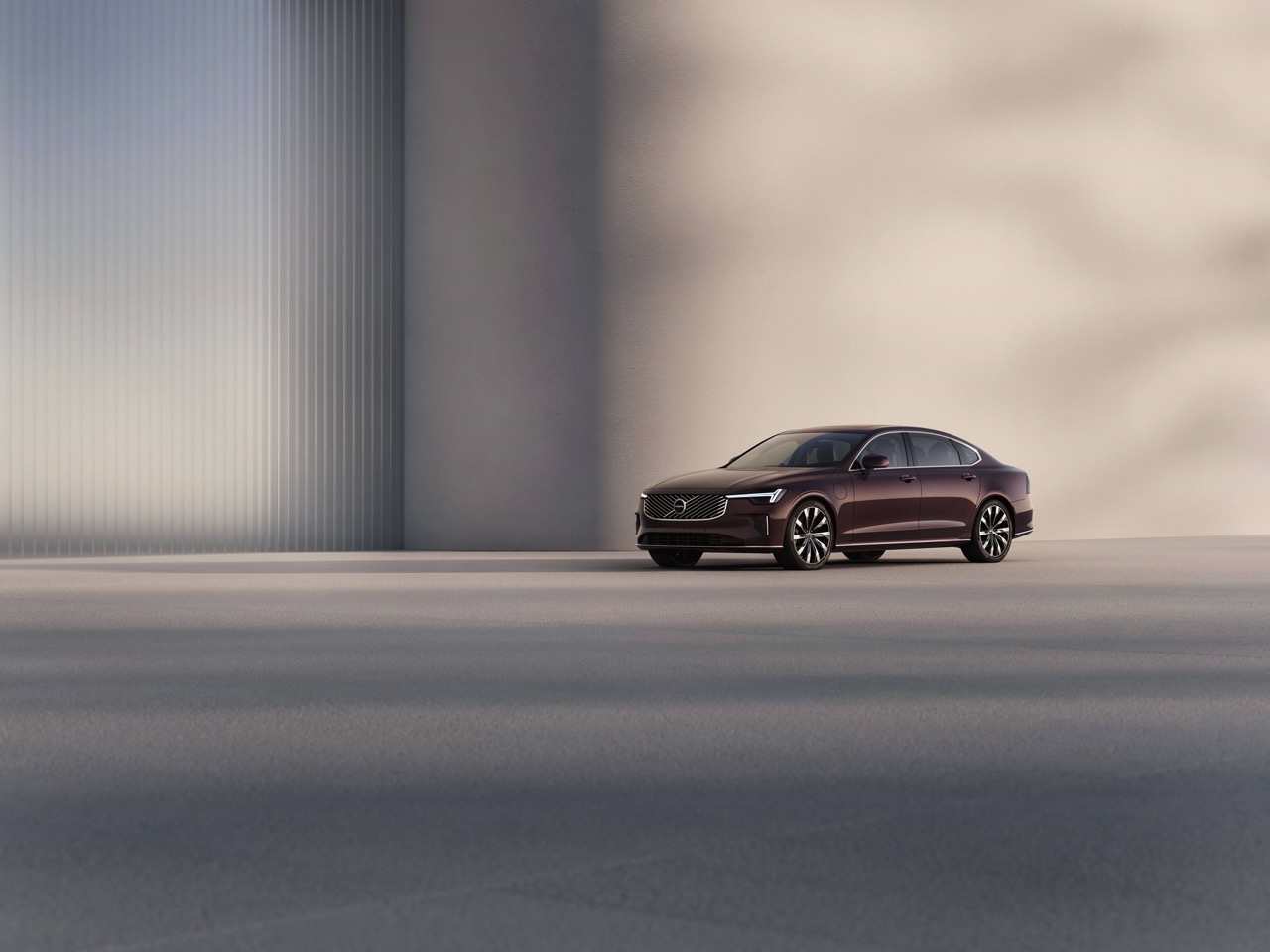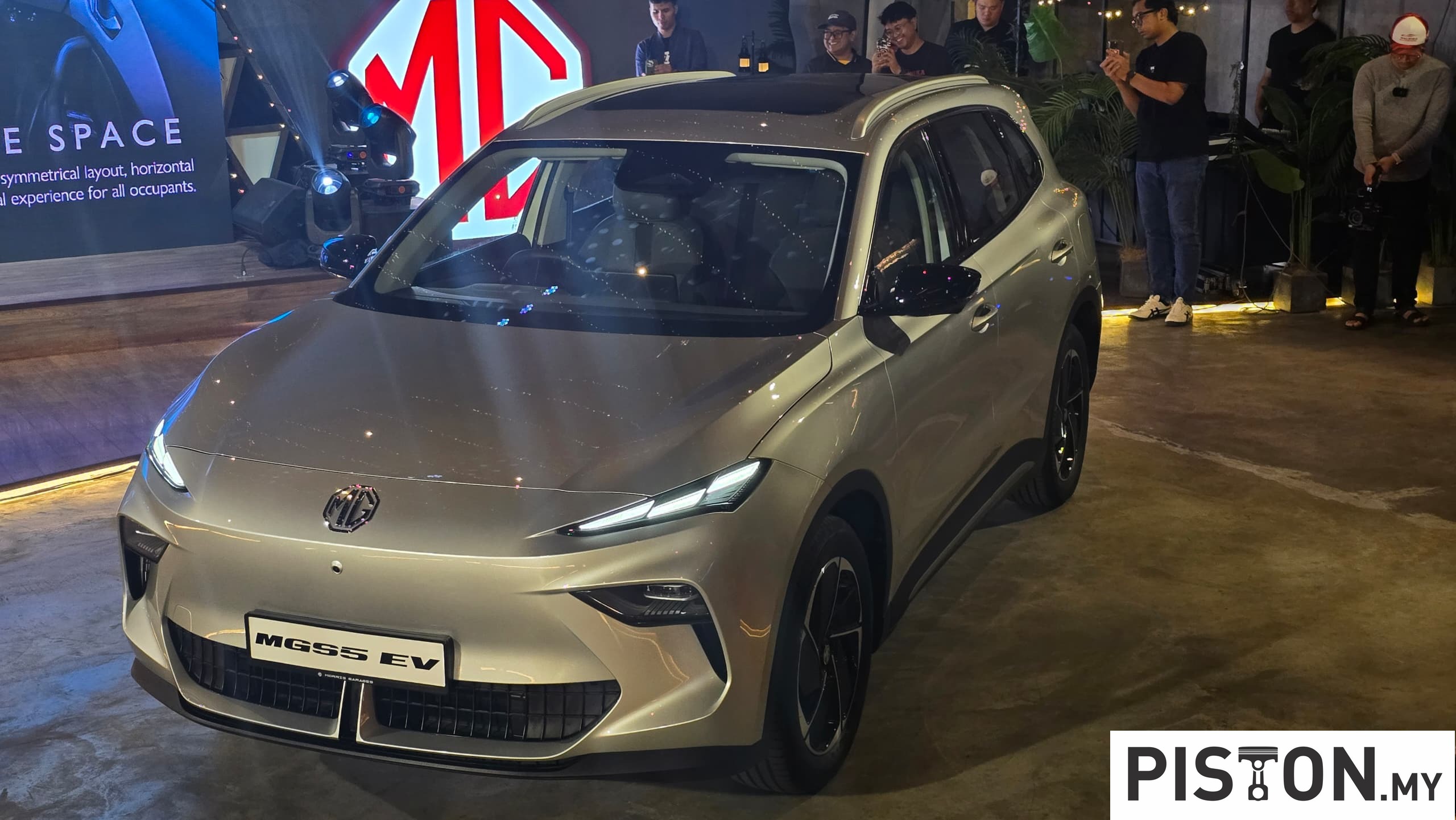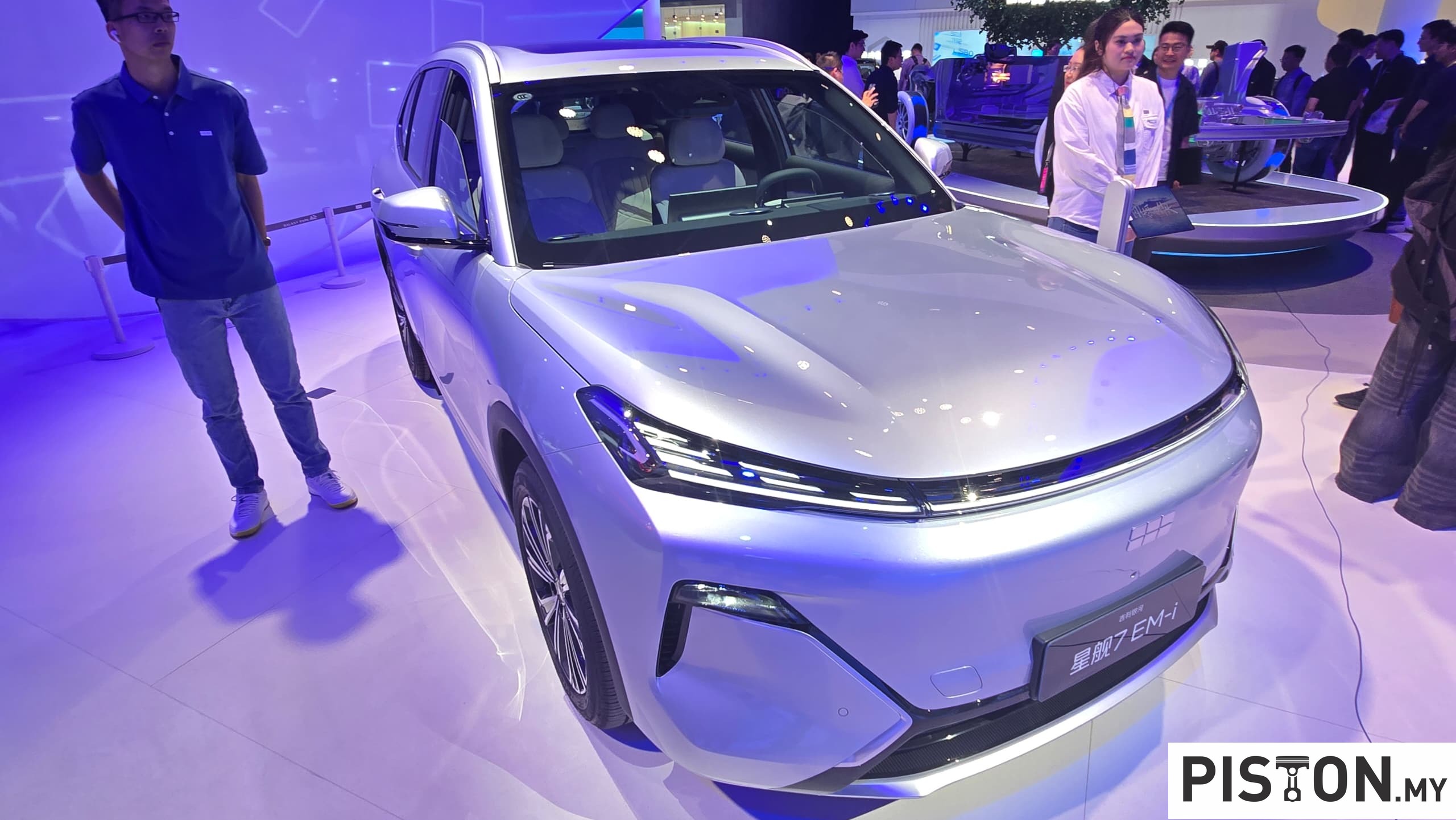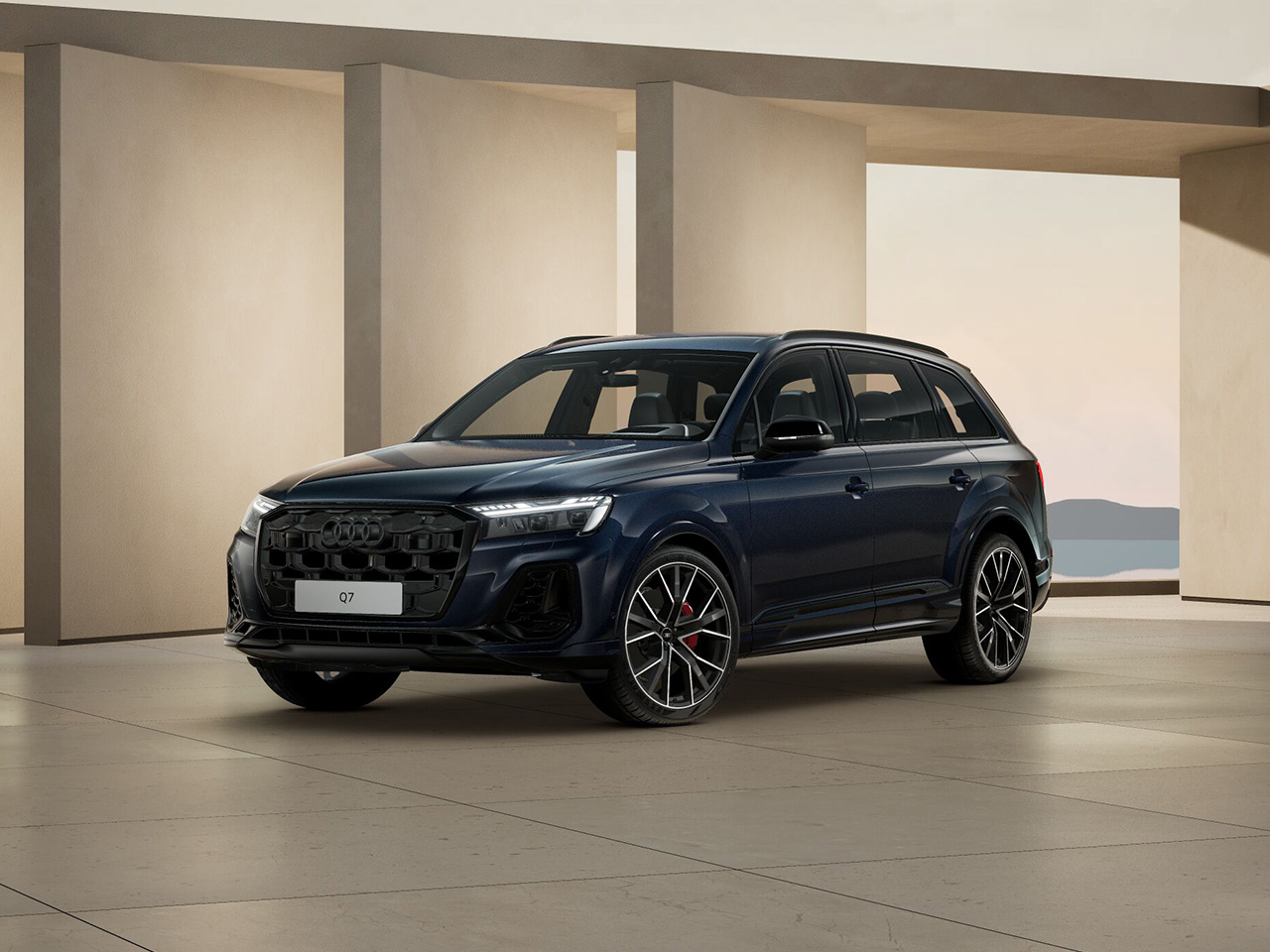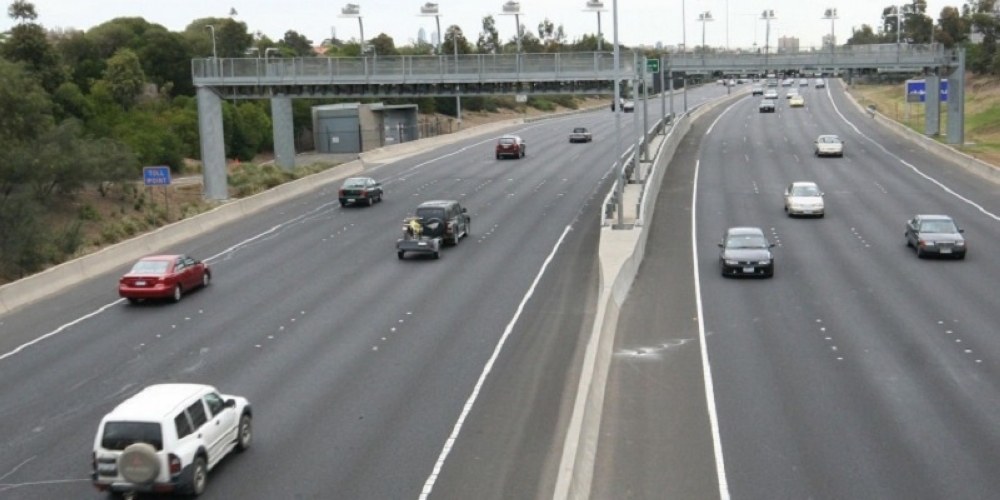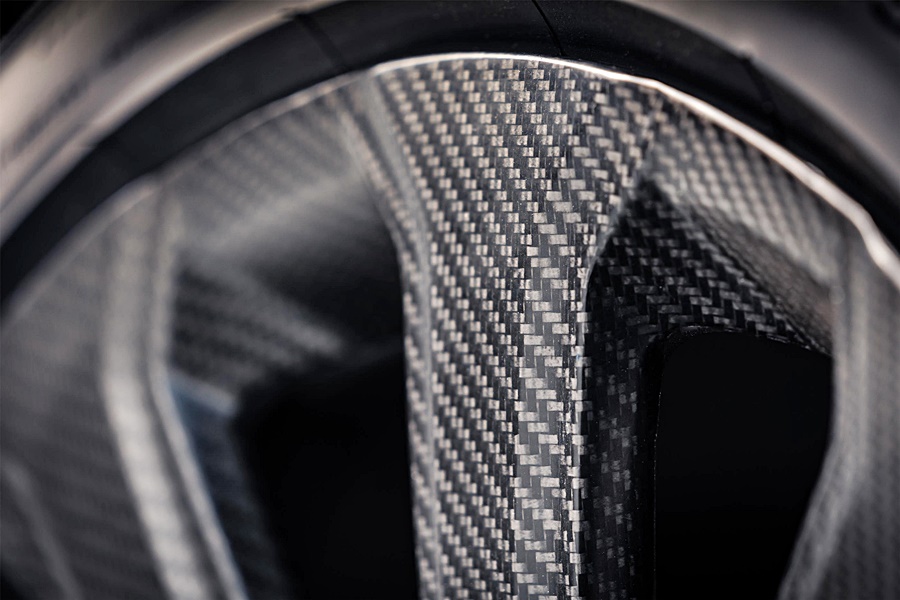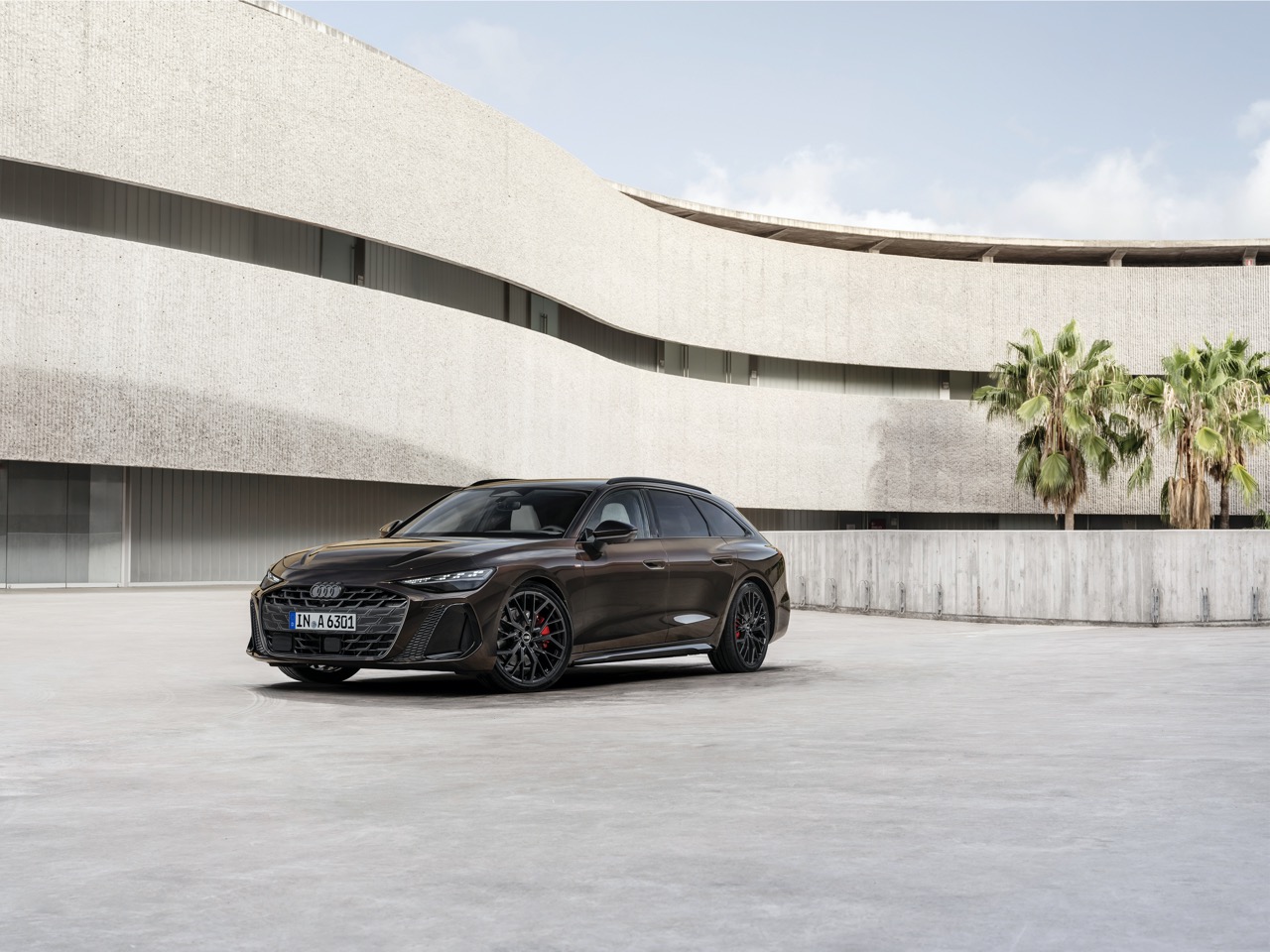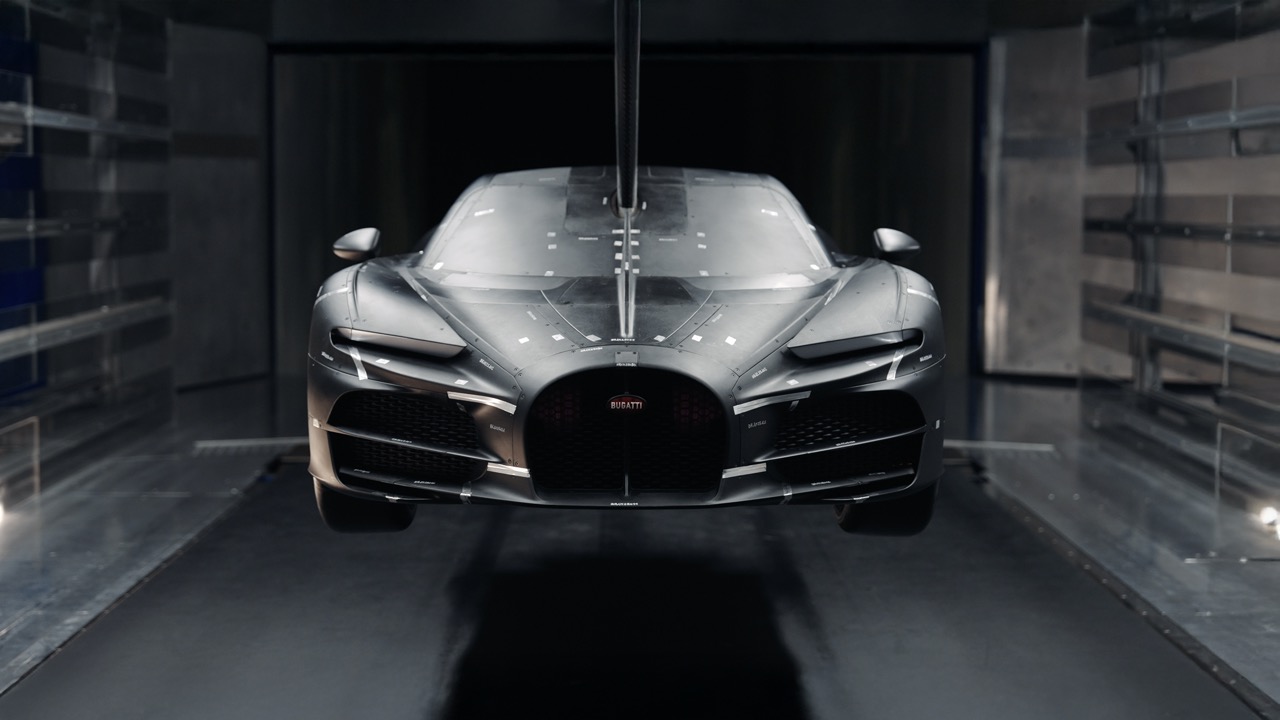In order to become an electric-only brand by 2030, Rolls-Royce is planning to introduce its first BEV, the Spectre, in the fourth quarter of 2023.
However, when the technology is developed enough to be widely commercialised, Rolls-Royce is looking into a different route to electrification in which it may switch from battery power to hydrogen fuel cells.
According to the CEO of Rolls-Royce Torsten Müller-Ötvös, the brand’s strategy leaves the door open for future consideration of hydrogen, Autocar reported.
Müller-Ötvös reacted to the idea that his company’s huge, heavy luxury cars, which are famed in part for their smooth V12 engines, might benefit from the hydrogen combustion technology.
“I think a hydrogen combustion engine is nothing I would in any way look into because that was already tested years ago,” he said, remembering how the parent company BMW tested the technology in the early 2000s using a modified 7 Series.
“This is not the most efficient way to use hydrogen. If hydrogen will be used in the future, then fuel cells it is. And fuel cells are nothing different from a battery. It is just how you get the energy,” he added.
He also went on to say, “And why not? I would say so when the time is right for us, and when the technology is so much more advanced, that it is definitely something we would pursue as Rolls-Royce. Why not? We might exit batteries, and we might enter into fuel cells.”
Müller-Ötvös remarks coincide with BMW’s introduction of the limited-edition iX5 Hydrogen, a fuel cell prototype that uses cells provided by Toyota, a supporter of hydrogen-powered cars.
Only a few units of the iX5 Hydrogen will be marketed, but BMW CEO Oliver Zipse stated its introduction is symbolic in showing “the technical maturity of this type of drive system and underscoring its potential for the future”.
Müller-Ötvös concurs that the technology has a place in the future, particularly for the average Rolls-Royce, which isn’t typically utilised for frequent long-distance driving. Despite this, Müller-Ötvös agrees that hydrogen refuelling is a challenge and cannot be done at home. However, Rolls-Royce customers have enormous garage spaces, which provide ample space for the installation of chargers in both their homes and business buildings.
In addition to that, he mentioned that for many of their clients, the Spectre is not their first electric vehicle, thus many of them already have charging stations installed at home. In order to assess the viability of hydrogen propulsion, Rolls-Royce is “watching closely” for advances in the infrastructure for hydrogen fueling.





